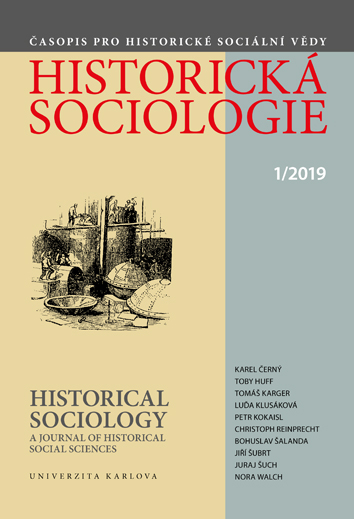Max Weber, Islam, and Rationalization: A Comparative View
Max Weber, Islam, and Rationalization: A Comparative View
Author(s): Toby HuffSubject(s): Sociology, Islam studies
Published by: Univerzita Karlova v Praze, Nakladatelství Karolinum
Keywords: Max Weber; civilizations; rationalization; law; Islam; West
Summary/Abstract: From his early studies, beginning with <i>the Protestant Ethic and the Spirit of Capitalism</i>, Weber began to realize that <i>religious</i> orientations provide strong motivations to reshape, or rationalize the mundane world. He then found that rationalist inclinations also affected music and the arts, and thus seemed to penetrate all spheres of artistic, social, and political life. At the same time Weber’s inquiries deep into the history of law back to the Romans illustrated the same process of making the European legal system more systematic, logical, and tightly integrated. This resulted in a whole range of legal innovations such as constitutionalism, parliamentary democracy, elections by consent, a clearly defined notion of due process of law, the invention of legally autonomous corporate entities, and much more. This network of legal constructions I refer to as the <i>hidden structure of modernity</i>, greatly overlooked because of its being taken for granted. However, when a comparison with the development of Islamic law is undertaken, we discover that its legal rationalization led in an entirely different direction.
Journal: Historická sociologie
- Issue Year: 11/2019
- Issue No: 1
- Page Range: 117-128
- Page Count: 12
- Language: English

